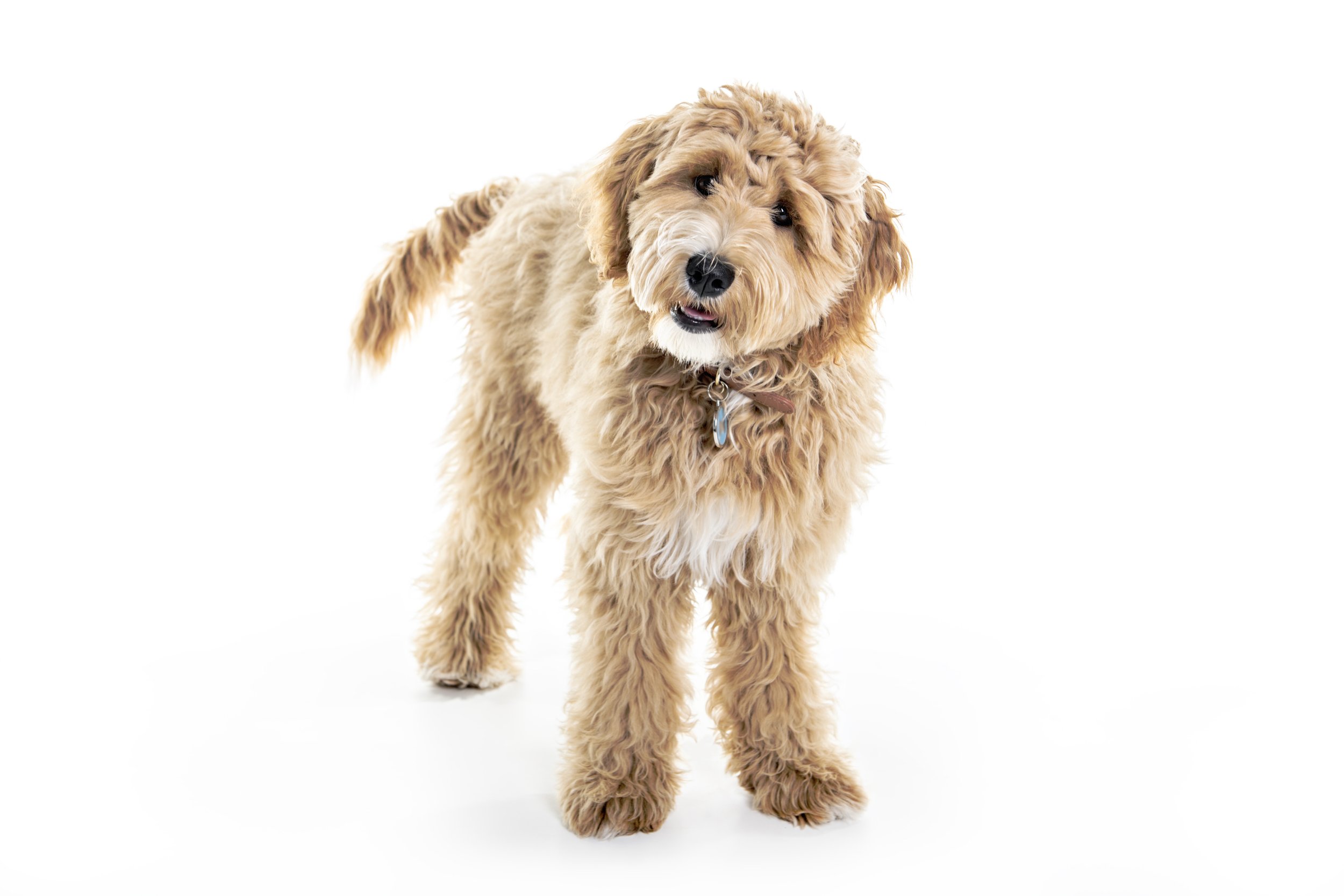Giardia and Coccidia in Puppies and Dogs
Giardia and Coccidia are two common intestinal parasites that can affect puppies and dogs. While these parasites can be a nuisance, they are manageable with proper care and treatment. In this blog post, we will explore how common Giardia and Coccidia are, their symptoms, general veterinary recommendations, treatment options, and a natural at-home recipe using oregano oil.
How Common Are Giardia and Coccidia?
Giardia and Coccidia are prevalent in the canine world, especially among puppies and dogs in crowded or unsanitary conditions.
Giardia and coccidia are both relatively common gastrointestinal parasites in puppies and dogs, and they can cause digestive issues and other health problems.
Dogs in any environment can be at risk of infection if they come into contact with contaminated water or feces from infected animals.
Symptoms of Giardia and Coccidia:
1. Diarrhea: One of the most common symptoms is diarrhea, which can range from mild to severe and may contain mucus or blood.
2. Vomiting: Dogs infected with these parasites may vomit occasionally.
3. Weight Loss: Chronic infections can lead to weight loss and a general lack of energy.
4. Dehydration: Prolonged diarrhea and vomiting can cause dehydration.
5. Abdominal Discomfort: Dogs may exhibit signs of abdominal pain, including hunching or discomfort when touched.
6. Lethargy: Infected dogs may appear tired and less active than usual.
General Veterinary Recommendations:
If you suspect your puppy or dog may have Giardia or Coccidia, it's essential to consult your veterinarian promptly. Your vet will typically perform a fecal examination to diagnose the presence of these parasites. Here are some general recommendations:
1. Regular Checkups: Schedule regular checkups with your veterinarian to monitor your dog's overall health.
2. Fecal Exams: Include regular fecal exams in your dog's wellness routine, especially if they have diarrhea or other digestive issues.
3. Hygiene: Practice good hygiene and ensure your dog is not exposed to contaminated water sources or feces from infected animals.
Treatment Options:
Your veterinarian will recommend a suitable treatment plan based on the severity of the infection. Common treatment options include:
1. Medications: Antiparasitic medications, such as fenbendazole or metronidazole, are often prescribed to treat Giardia and Coccidia infections.
2. Hydration: If your dog is dehydrated, your vet may recommend fluids or electrolyte solutions to help rehydrate them.
3. Nutrition: Ensure your dog maintains a balanced diet to support their recovery and overall health.
Natural At-Home Remedy with Oregano Oil:
While natural remedies should not replace veterinary care, some pet owners may consider complementary treatments. Oregano oil has natural antimicrobial properties that may help support your dog's recovery from gastrointestinal infections. Here's a simple recipe:
Ingredients:
- 1 drop of oregano essential oil (make sure it is food-grade and suitable for pets)
- 1 teaspoon of olive oil or coconut oil
Instructions:
1. Mix one drop of oregano essential oil with one teaspoon of olive oil or coconut oil.
2. Administer this mixture orally by mixing it with your dog's food.
3. Consult your veterinarian before using oregano oil to ensure it's safe for your specific dog and situation.
Many dogs can be exposed to these parasites but not show any clinical signs of illness. Additionally, some regions may have higher rates of infection than others due to environmental factors.
Cold weather can slow down the activity and reproduction of certain parasites like Giardia and Coccidia, but it typically doesn't reliably kill them in soil and on outside surfaces. These parasites have developed mechanisms to survive in harsh environmental conditions.
They are often found in feces and can contaminate soil and outdoor surfaces through fecal matter. While cold temperatures can inhibit their growth and survival to some extent, they are quite resilient and can endure for extended periods in a dormant state.
Freezing temperatures, especially if sustained, can be more effective at reducing the viability of these parasites. However, the exact temperature and duration required to kill them can vary depending on the specific strain, environmental conditions, and other factors.
Giardia is often associated with contaminated water sources and can be transmitted through ingestion of cysts from contaminated water, food, or feces. Dogs on farms may have a higher risk of exposure to contaminated water sources, such as ponds, streams, or standing water in ditches, which could increase the risk of giardia infection.
Coccidia, on the other hand, are typically transmitted through ingestion of oocysts shed in the feces of infected animals. This can occur if dogs on the farm come into contact with the feces of other animals, such as livestock or wildlife, which could potentially be more common in a farm environment.
Environmental Factors: Giardia can persist in the environment for extended periods, and it is possible for dogs to become infected even in clean and well-maintained environments. It can be present in soil, water sources, and can be spread through contact with infected feces.
.Giardia and Coccidia are common intestinal parasites in puppies and dogs, but with proper care, early detection, and veterinary treatment, they can be managed effectively. Always consult your veterinarian for a proper diagnosis and treatment plan tailored to your dog's needs. While natural remedies like oregano oil may offer some support, they should be used in conjunction with, not as a substitute for, professional veterinary care.


